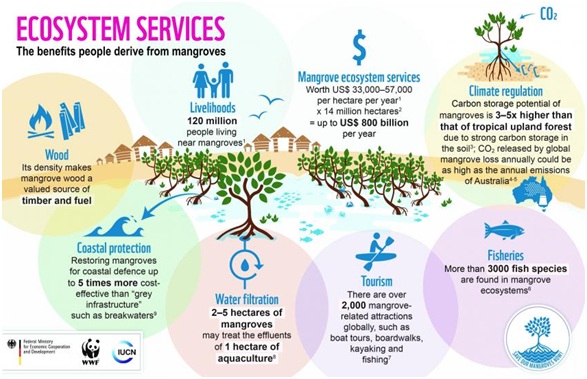Context
Recently, the Central Consumer Protection Authority (CCPA) issued guidelines to prevent unfair trade practices, and to protect the interest of consumers with regard to the levy of service charge in hotels and restaurants.
About Central Consumer Protection Authority (CCPA)
- The authority is being constituted under Section 10(1) of The Consumer Protection Act, 2019.
- The Act replaced The Consumer Protection Act, 1986, and seeks to widen its scope in addressing consumer concerns.
- The CCPA, introduced in the new Act, aims to protect the rights of the consumer by cracking down on unfair trade practices, and false and misleading advertisements that are detrimental to the interests of the public and consumers.

CCPA’s guidelines
- The CCPA has issued five major guidelines regarding the levy of service charge by restaurants and hotels, which has for long been a contentious issue and has periodically triggered complaints from consumers. The guidelines say:
- No hotel or restaurant shall add service charge automatically or by default in the bill.
- Service charge shall not be collected from consumers by any other name.
- No hotel or restaurant shall force a consumer to pay service charge and shall clearly inform the consumer that service charge is voluntary, optional, and at the consumer’s discretion.
- No restriction on entry or provision of services based on collection of service charge shall be imposed on consumers.
- Service charge shall not be collected by adding it along with the food bill and levying GST on the total amount.
In case of a violation of these guidelines
- The consumer has four options at different levels of escalation in case she spots the levy of service charge in her bill.
- First, she can make a request to the hotel or restaurant to remove the service charge from her bill.
- Second, she can lodge a complaint against hotels and restaurants by calling the number 1915 on the National Consumer Helpline (NCH), which works as an alternative dispute redressal mechanism at the pre-litigation level. The complaint can be lodged by making a call on the number 1915, or on the NCH mobile app.
- Third, the consumer can complain to the Consumer Commission, or through the edaakhil portal, http://www.edaakhil.nic.in.
- Fourth, she can submit a complaint to the District Collector of the concerned district for investigation and subsequent proceedings by the CCPA. A consumer can complain directly to the CCPA by sending an e-mail to com-ccpa@nic.in.
